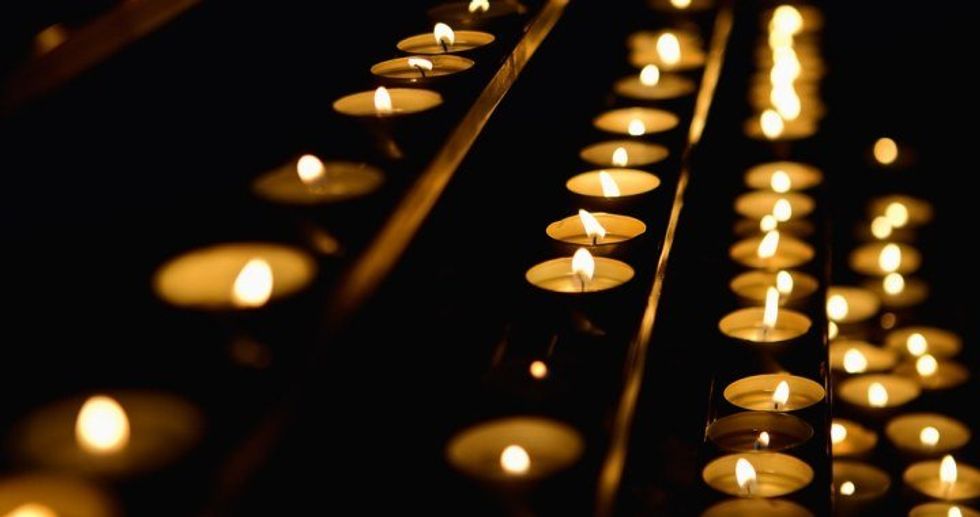Everyone grieves differently. There’s not a right or wrong way to process loss, only healthy and unhealthy. Productive, healthy ways to grieve include natural responses to trauma and any devices that help you understand and adjust to the differences in your life and the consequences of losing a loved one. Unhealthy grieving typically occurs during prolonged states of shock and denial when the normal grief symptoms of dissociation and numbness turn into aggression and anxiety, or even self-destruction.
Certain aspects of grief are inevitable; crying spells happen daily, sleep patterns and eating habits are disrupted, and you feel constantly exhausted. However, mourning takes several forms depending on the details of the death. Was the death foreseen, prolonged? Was is singular or massive? Was someone to blame? Regardless, it’s understandable to be on alarm after a sudden loss. Your sense of safety and security are questioned after hearing about terrorists attacks, natural disasters or everyday accidents. Even after losing someone from an illness, physical or mental, many people question what they could’ve done to prevent it and wonder if they’re at fault.
While it can be difficult to process loss even when you’re in a community that’s grappling with the same loss, at least you’re surrounded by people who understand the situation. In these cases, there’s usually an outpouring of love and support after a collective loss that brings the community together-- at least temporarily.
But what happens when your loved one lived hundreds of miles away, when the distance alienates you from your family or community who understand how you feel? I am in no means an expert on grief, but I’m also not a stranger to the myriad of ways that people grieve. As someone who’s lost a close friend or family member every year of college, I know what it’s like to feel estranged from the loss. Feelings of isolation and loneliness are even more agonizing when you’re in close quarters with thousands of people. And while college is a great place to express your emotions, there are only so many moody poems and interpretive dances you can make before you realize that you actually aren’t coping all that well.
To complicate matters further, there is no down time in college. Even the weekends are reserved for reading, working or volunteering, so it’s easy to let your academic and social life overrun your emotional and mental health. You can easily end up avoiding the grieving process, focusing elsewhere and pretending to function as usual, but eventually the boiling pot of emotions you put on the back burner will explode-- trust me.
The disconnect between what you feel and how you have to pretend to feel turns into an exhausting game. Trying to decide how much of your grief you can share with someone without burdening them becomes a hassle as time passes and days become weeks, months even, since the loss of a loved one. What many people who haven’t experienced bereavement don’t understand is that it’s the few months after a loss that are often the hardest. But how do you tell someone that you need to excuse yourself to have a cry because you’re grieving the death of a friend who passed away almost a month ago? Or a year ago?
Death is a complex topic that, for some reason, people often feel uncomfortable talking about. But it’s an inherent part of life, whether you’re ready for it or not. There are so many ways that you can offend a grieving person, it’s often easiest to avoid them all together. But that might make you feel kind of like an asshole, and it should. You may not feel comfortable talking about your emotions, and that’s fine because emotions are gross and sticky, but this isn’t about you.
When someone needs to talk about their mourning, please be an effective listener. Listen without judging them, cutting them off or changing the topic. Whether we’re away from home, or even in our hometown, death is difficult to deal with. Even if you’re a stoic goddess like me *cue laughter*, chances are that you have emotions and can empathically connect to someone long enough for them to vent. We’re all human and loss is just a part of the fantastical experience. So when a friend, co-worker or classmate needs to talk about their grief, be sure that you are ready to listen.





















